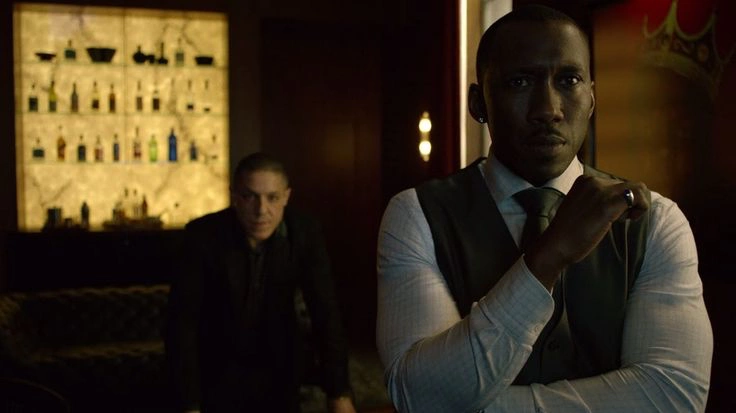Mystery Posts on Crowch
The second trailer for Alien: Earth, the highly anticipated TV show from FX, has just landed — and it’s already sending shivers down fans’ spines. With Ridley Scott onboard as executive producer and Fargo’s Noah Hawley as showrunner, this series promises to be the most radical departure from the original timeline yet — but still deeply rooted in the eerie DNA of the franchise.

🌍 A Return to Earth — but Not as We Know It
Unlike most previous Alien entries that kept their horror confined to deep space or far-off colonies, Alien: Earth brings the terror home — literally. Set in the year 2120, over 30 years before the birth of Ellen Ripley’s story, the show explores what happens when an exploratory vessel from Weyland-Yutani crashes onto Earth, carrying not just humans, but something… else.
Onboard the ship were five alien lifeforms, including the franchise’s most infamous monster — the xenomorph. The trailer teases this moment with haunting atmosphere and eerie tension, culminating in a blink-and-you-miss-it glimpse of the creature’s shadowy figure.
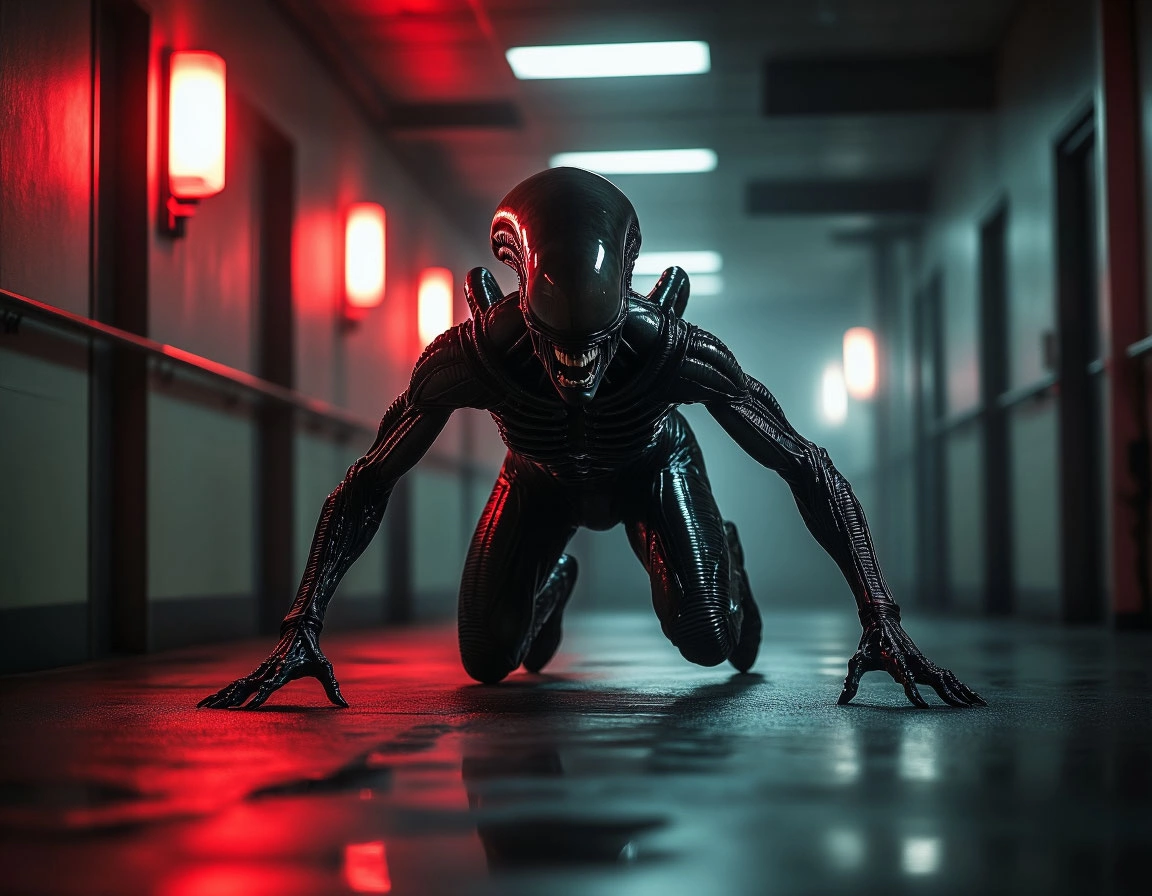
🧠 Meet Wendy — A Human Mind in a Synthetic Body
At the heart of the narrative is Wendy, a revolutionary android — the first ever to be uploaded with a human consciousness. She’s more than just metal and code; she has memories, emotions, and moral conflict. As questions arise about identity, free will, and what it means to be human, Wendy must confront something even more primal: survival.
She leads a team of elite combat synthetics on a mission to investigate the crash. But as they descend into the wreckage, it becomes clear they aren’t just dealing with alien biology — they’re unearthing corporate secrets, rogue AI programming, and ancient survival instincts that go beyond science.

🎥 A New Vision by Noah Hawley, Backed by Ridley Scott
What makes this installment so compelling is the minds behind it. Noah Hawley, known for his cerebral, often surreal storytelling in Legion and Fargo, brings a philosophical and narrative depth to the universe of Alien. His work often blends genres and challenges conventional plot structures, and Alien: Earth looks to follow suit.
Ridley Scott, who launched the franchise in 1979, returns as executive producer, ensuring that the soul of the original — its slow-building dread, oppressive atmosphere, and complex characters — lives on.
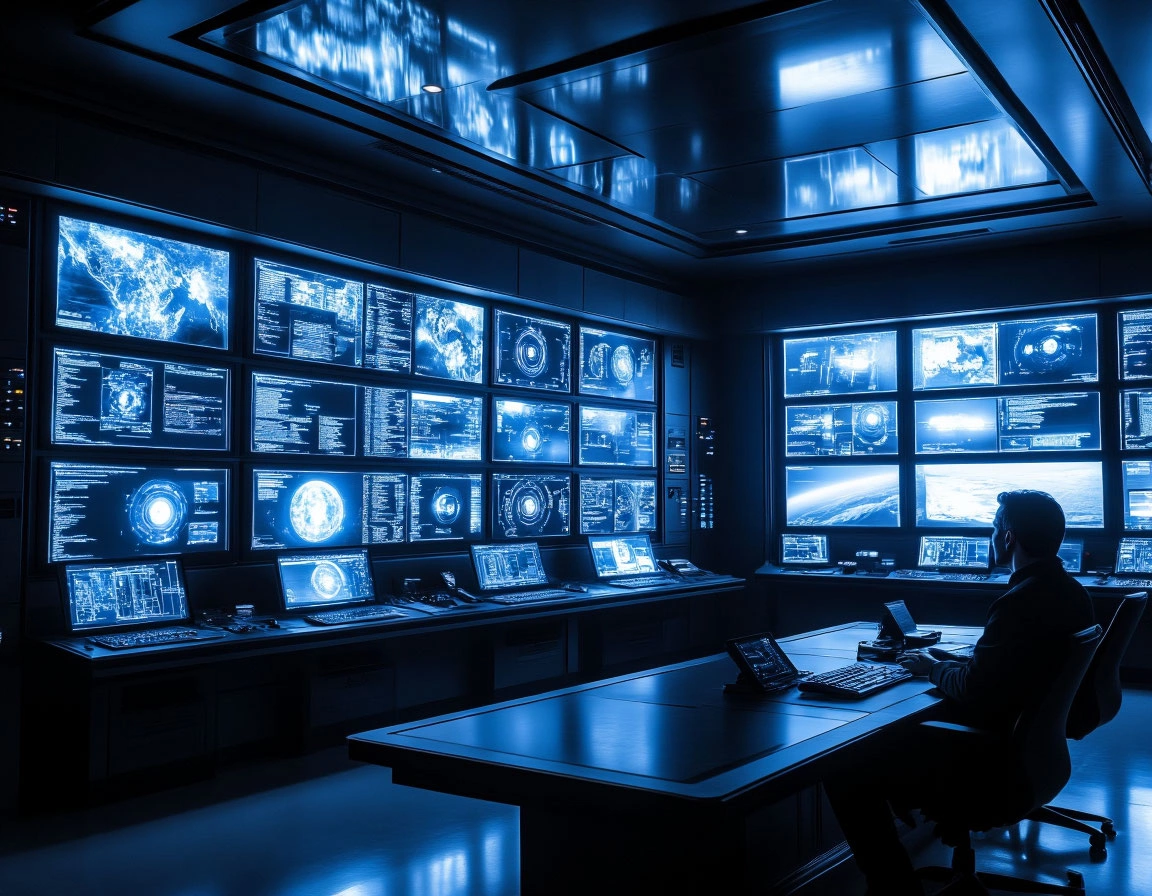
🌌 A Cast Built for Tension and Emotion
Leading the series is Sydney Chandler (Don’t Worry Darling), who plays Wendy with a mix of vulnerability and steel. Her journey is emotional, intellectual, and terrifying all at once. She’s joined by Timothy Olyphant, bringing his trademark grit, and Alex Lawther, known for portraying fragile yet sharp-witted characters. Essie Davis (The Babadook), Babu Ceesay, and others round out the cast — creating a diverse ensemble primed for moral clashes, trust issues, and slow-burn suspense.
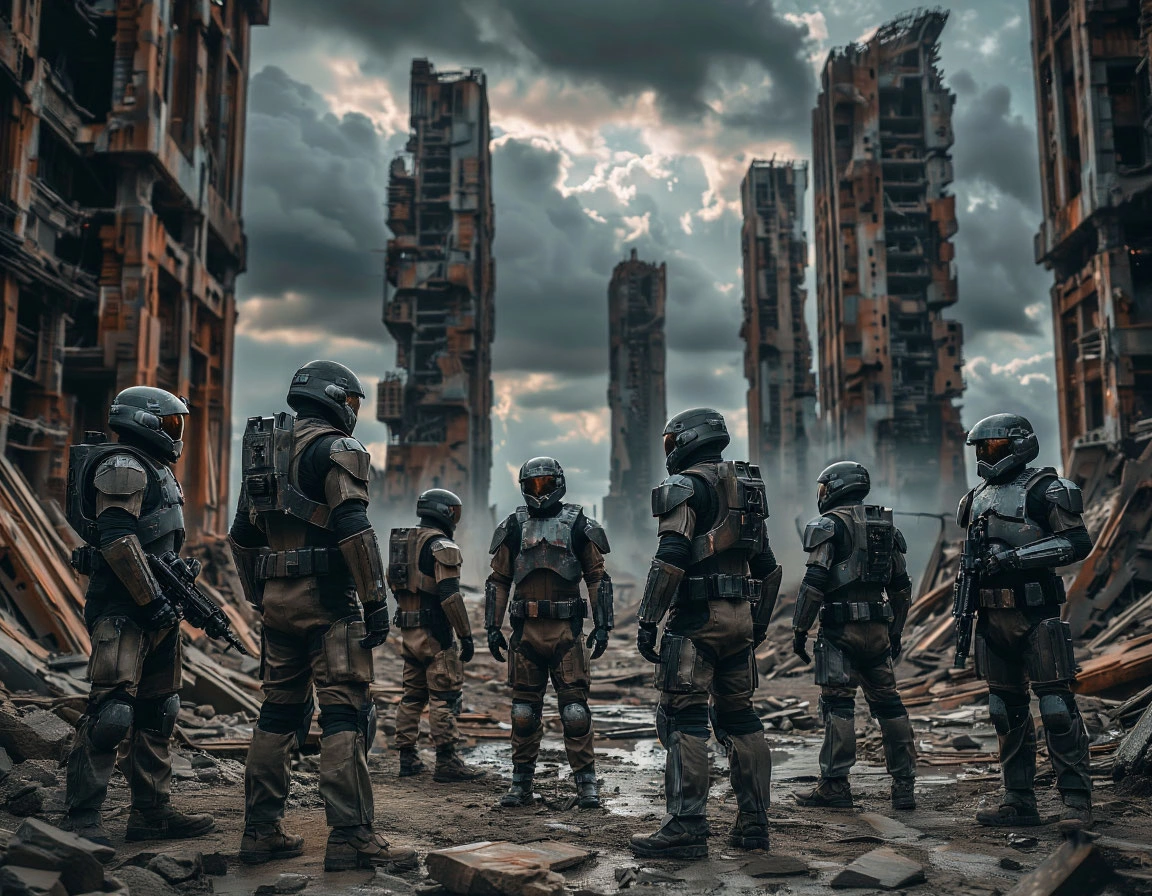
📅 Mark Your Calendar: August 12
With a chilling aesthetic, a fresh philosophical core, and just enough nostalgia to make longtime fans shiver with anticipation, Alien: Earth is shaping up to be the boldest chapter in the franchise to date. Whether you’re a devoted xenomorph enthusiast or a newcomer to the universe, this show is aiming not just to scare — but to evolve the genre.

👁️ Final Glimpse: Horror on the Horizon
The last seconds of the trailer offer a haunting image: a long, slender tail curling through the wreckage, a glint of fangs in the dark, and a single sound — the hiss. Whatever survived that crash has begun to move. And Earth may never be the same.
Alien: Earth premieres August 12 exclusively on FX and Hulu. Prepare to return — or rather, descend — into a nightmare once more.
Sometimes we don’t need a ticket or a suitcase to go on a little holiday — all it takes is the right film. Whether you’re daydreaming about beaches, missing the ease of a lazy afternoon, or trying to extend your vacation vibes, here are eight movies that wrap you in the warmth of summer and give your soul a break.
🍷 Under the Tuscan Sun — Rebuilding Life Among Olive Trees
After the collapse of her marriage, Frances, a writer from San Francisco, impulsively buys a villa in the heart of Tuscany. Surrounded by golden hills, rustic kitchens, and the endless sky, she slowly pieces her life back together. Unlike many "escape" movies, this story doesn’t promise a perfect love — it offers something even better: self-rediscovery, genuine friendships, and a new kind of happiness rooted in stillness.
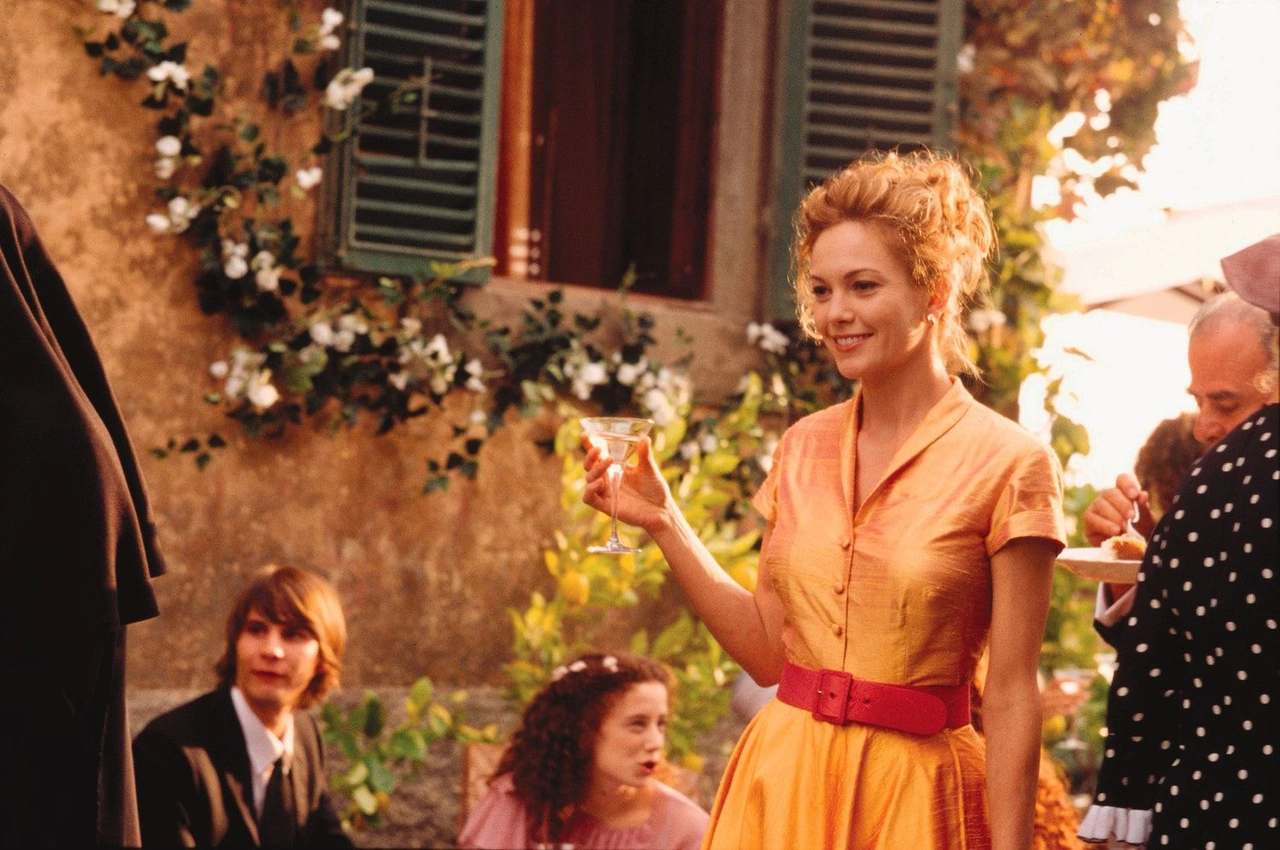
🌴 Forgetting Sarah Marshall — Awkward Breakups in Paradise
Heartbroken Peter heads to Hawaii to heal, only to find out his famous ex is staying at the same resort with her new lover. What unfolds is an unpredictable mix of cringe, comedy, and charm. Beneath the awkward laughs is a surprisingly deep tale of letting go, growing up, and discovering love when you least expect it.
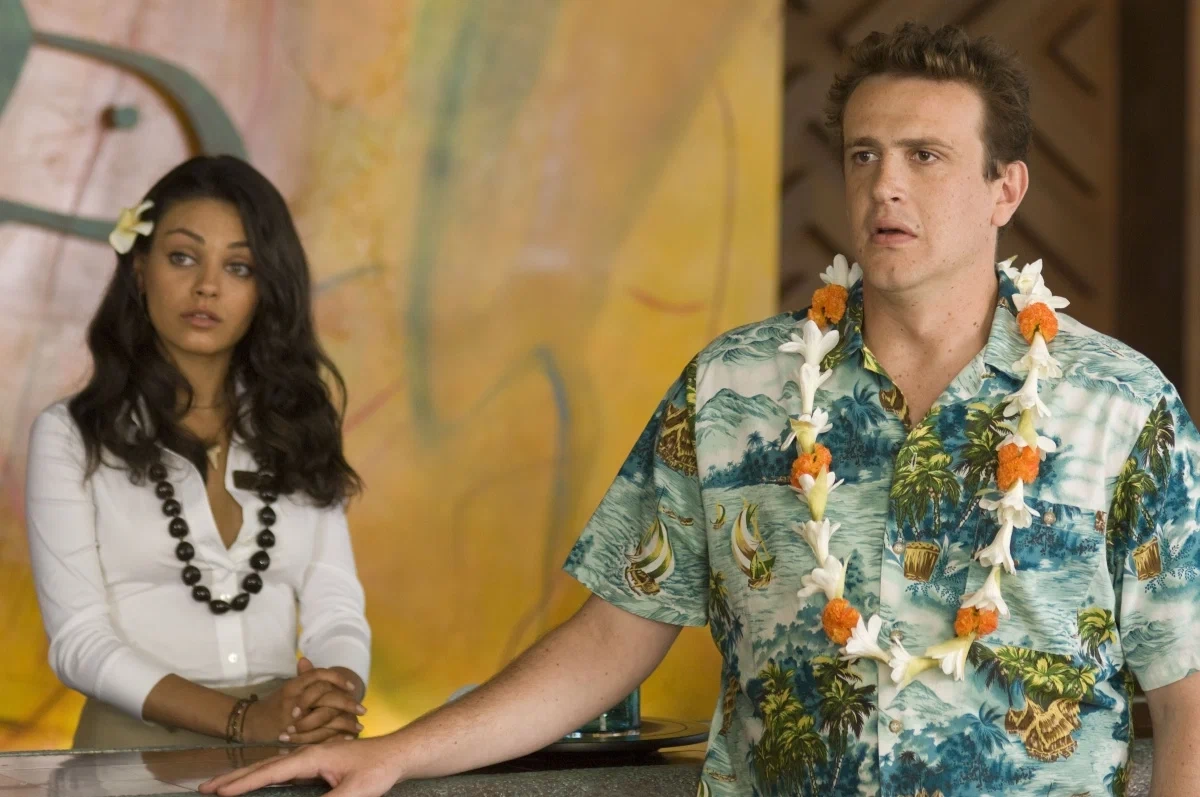
⏳ Palm Springs — Infinite Loops in the Sun
When two wedding guests get stuck in a time loop, they turn eternal repetition into the ultimate freedom. With nothing to lose, they drink margaritas in pools, play pranks, and explore meaning in a world where time stands still. A perfect mix of sci-fi weirdness and heartfelt connection, this film is both hilarious and deeply thoughtful.
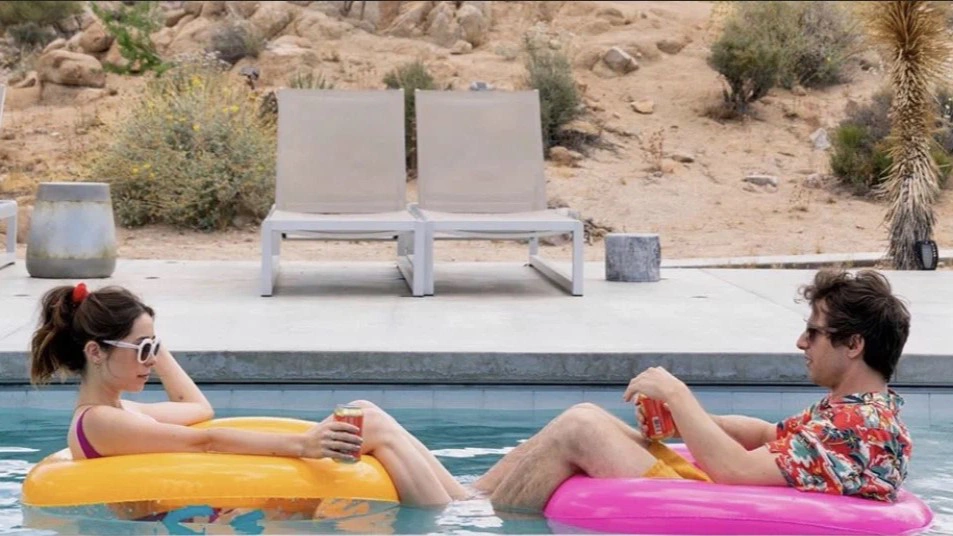
🧘 Perfect Days — Finding Zen in the Everyday
This quiet Japanese gem follows a humble toilet cleaner in Tokyo who finds peace in routine and joy in simple rituals: trees swaying in the wind, the sound of old rock music, or the light of dawn. Without exotic beaches or dramatic events, it becomes the most calming film on this list — a meditative vacation for the soul.
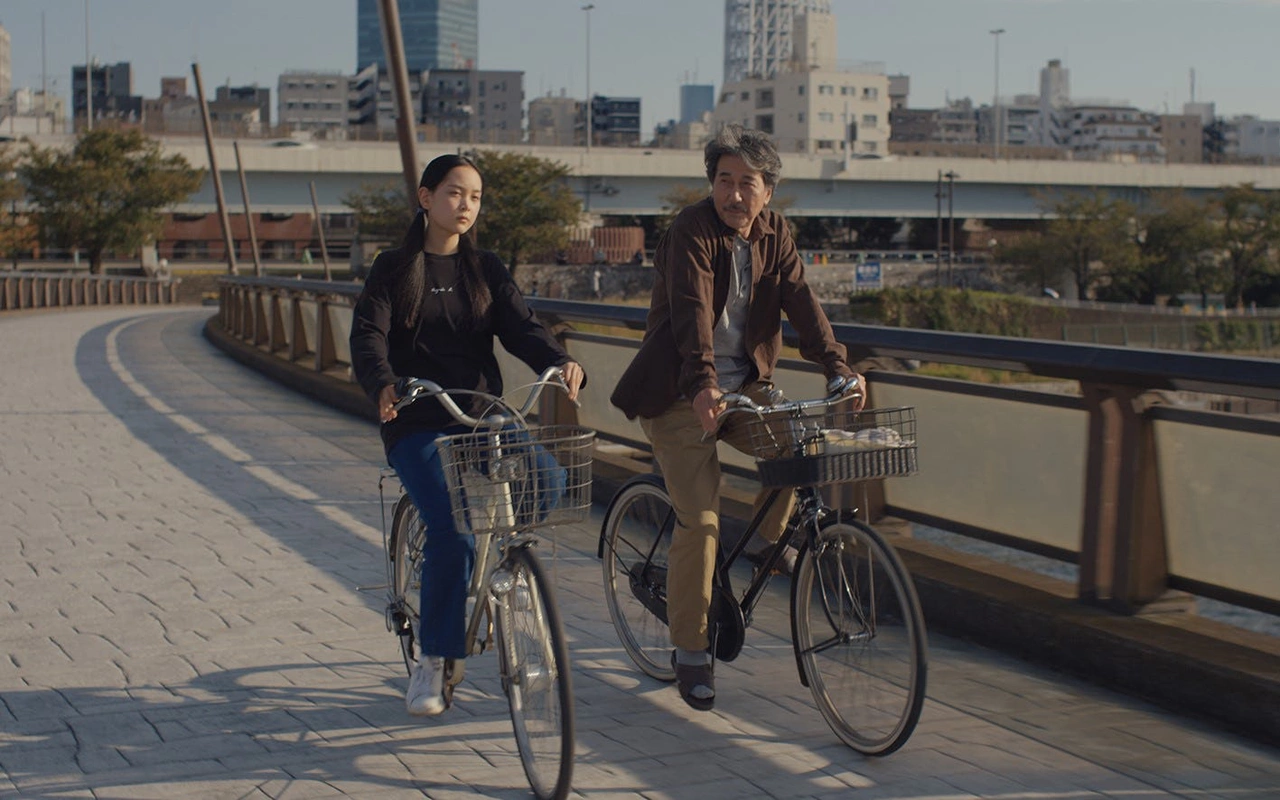
🎶 Mamma Mia! — ABBA, Sun, and Surprises
Nothing screams "summer mood" like a singalong on a Greek island. When Sophie secretly invites three men who might be her father to her wedding, chaos, music, and joy unfold. Featuring Meryl Streep, Pierce Brosnan, and all the ABBA hits you forgot you loved, this musical is the ultimate serotonin boost.
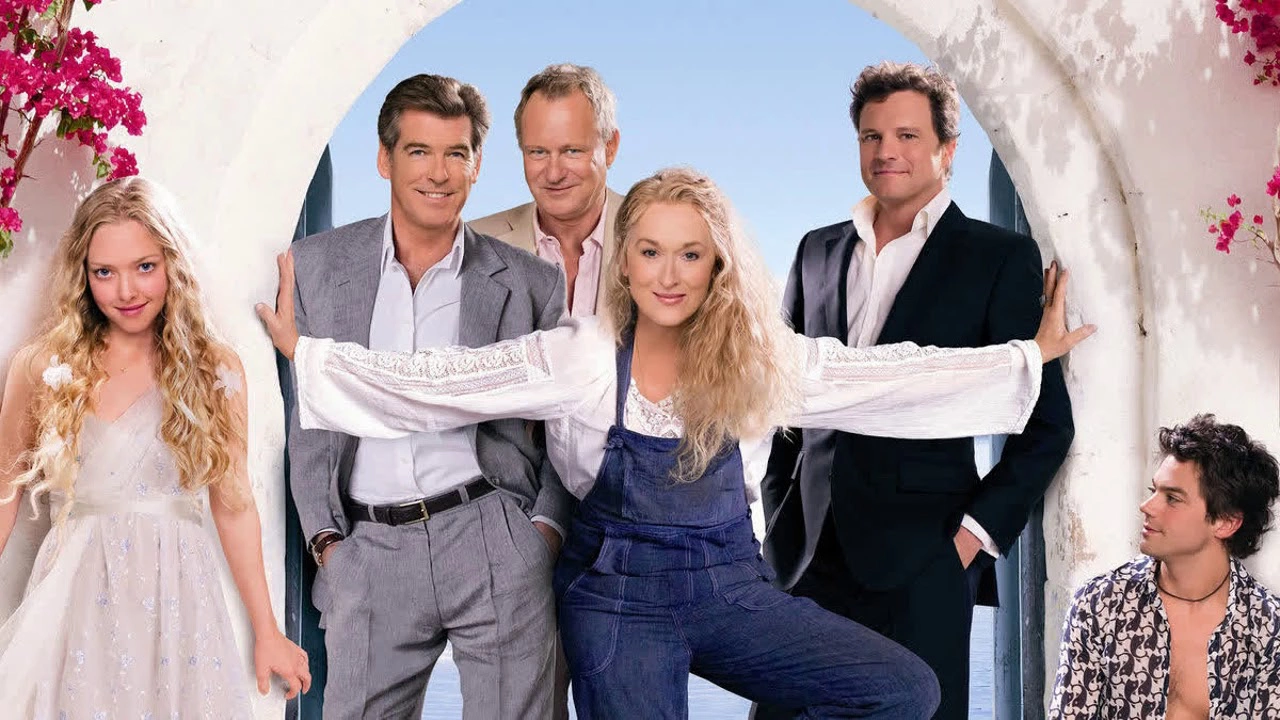
🏛️ Roman Holiday — A Princess Escapes into the Real World
Audrey Hepburn stars as a bored royal who sneaks out for one day in Rome — and ends up falling in love with both the city and a charming reporter. With gelato, scooters, and spontaneous kisses by the Colosseum, this timeless romance is the perfect black-and-white postcard from a dream you wish were yours.
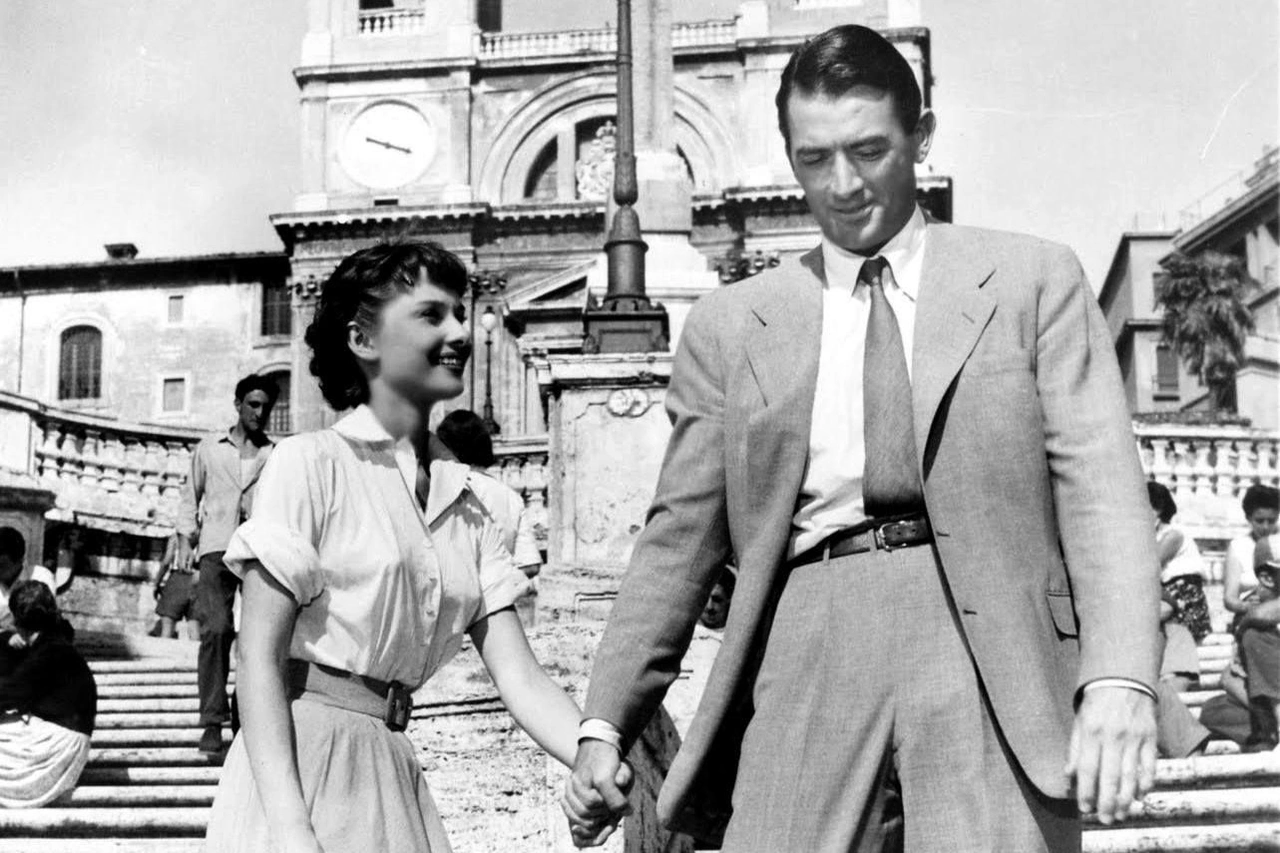
🌲 Moonrise Kingdom — First Love in a Summer of Magic
Wes Anderson’s quirky masterpiece tells the tale of two 12-year-olds who run away together, launching a small-town manhunt and a grand adventure. Set on a fictional New England island in the 1960s, it’s filled with pastel tents, scout uniforms, stormy skies, and tender emotions. You’ll wish you could live in its whimsical world forever.
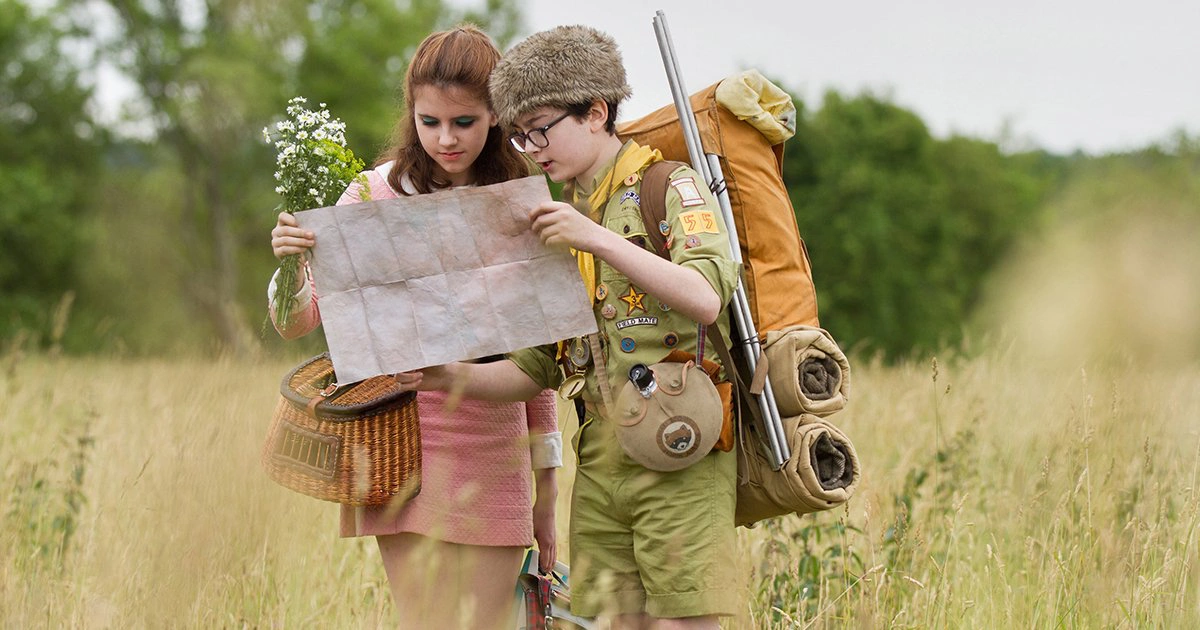
🏖️ Bonus Pick: Call Me by Your Name — A Summer That Stays Forever
Though not on the original list, no summer film roundup feels complete without this one. The Italian countryside, the gentle rhythm of days filled with books, bikes, and stolen glances — it’s a sun-drenched symphony of emotion. You don’t just watch this film, you feel it.
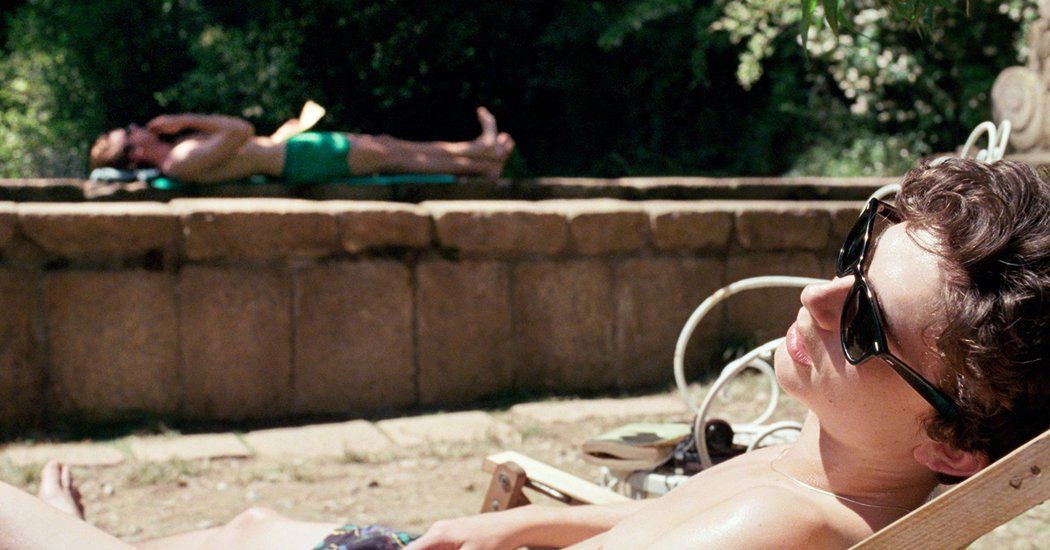
🧳 Pack Light — Just Your Emotions
Each of these films offers something deeper than a beach setting — a chance to breathe, reflect, and savor moments. Whether it’s through laughter, nostalgia, or just scenic beauty, they’ll remind you that vacation is a state of mind.
So dim the lights, press play, and let the world fade away. 🌅
By 2025, Zendaya is no longer simply one of Hollywood’s rising stars — she is a fully established powerhouse. Actress, producer, fashion icon, activist — her influence spans industries, audiences, and generations. But more than anything, Zendaya represents a shift in how we see fame: not as distance, but as connection. Not as performance, but as presence.
After a decade of rapid growth, Zendaya entered 2025 with confidence and clarity. Her performance in the long-anticipated sci-fi epic Dune: Part Two received widespread acclaim for balancing strength and subtlety. She brought quiet intensity and emotional intelligence to a genre that often leans into spectacle. But that wasn’t her only headline.
In 2025, she also produced and starred in an independent psychological drama, directed by a first-time female filmmaker. The story — raw, introspective, and deeply human — became a festival favorite, and Zendaya’s performance was called “career-defining.” It’s a reminder: she doesn’t choose roles to impress. She chooses stories that matter.
Zendaya’s power lies not only in what she does, but in how she does it. She moves with integrity. In interviews, she’s thoughtful, grounded, and refreshingly honest. On red carpets, she doesn’t follow trends — she sets them. Whether in sculptural couture or bare-faced simplicity, she communicates one thing clearly: self-possession.
She has also become a vocal producer and advocate for inclusive storytelling. In 2025, her production company greenlit two projects led by emerging Black and Latina directors — a move widely praised in an industry still struggling to balance representation with substance.
But perhaps Zendaya’s greatest strength is how she holds space for duality. She is both artist and activist. Quiet and commanding. Classic and cutting-edge. She speaks for a generation that refuses to be one thing — and she does so without ever losing her calm, her vision, or her voice.
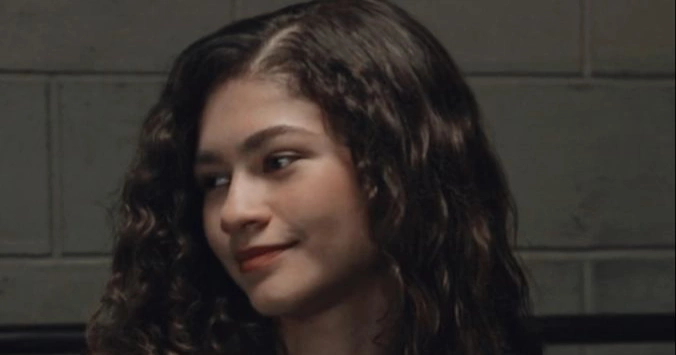
Her career is no longer just one to watch — it’s one to study. Because in an age of noise, distraction, and spectacle, Zendaya reminds us that depth lasts longer than attention.
In 2025, Zendaya is not just a celebrity — she’s a leader. Not by volume, but by clarity. Not by perfection, but by purpose.
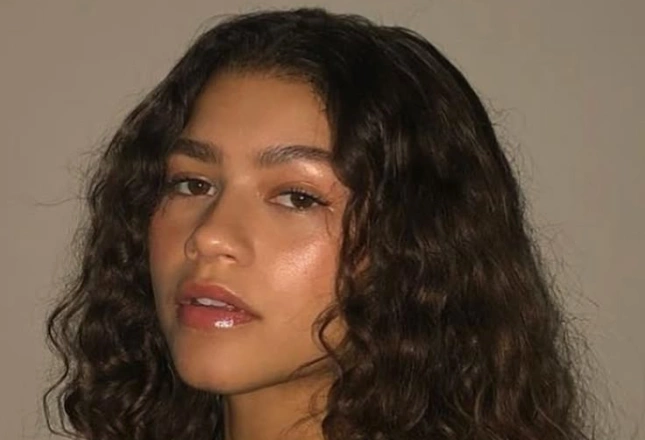
By 2025, Timothée Chalamet has grown into something more than a talented actor — he’s become a cultural symbol. A face of modern cinema that embraces nuance, emotion, and authenticity over superficial strength or loud storytelling. At just 29 years old, he’s already left a mark not only on screen, but in how we think about masculinity, fame, and vulnerability in the public eye.
After the global success of Dune: Part Two, where he led an ensemble through the vast political and emotional deserts of Arrakis, Chalamet proved that he could carry a franchise while remaining true to his introspective, layered style. He brought quiet intensity and fragility to a genre often ruled by explosions and archetypes.
But 2025 saw him pivot once again — this time, to something deeply personal. In a new French-language independent film, Chalamet took on the role of a reclusive writer grappling with past trauma, public pressure, and creative silence. The film, directed by a rising auteur, premiered at the Cannes Film Festival and quickly became one of the most talked-about projects of the year. Critics praised not just his performance, but his restraint — his ability to do more with a pause or a glance than many do with monologues.
This is the essence of Chalamet’s craft: stillness that speaks volumes.
Beyond cinema, Chalamet remains a cultural force. He is redefining what it means to be a leading man in the 21st century — not through dominance, but through emotional intelligence. In an era where audiences crave something real, his authenticity stands out. Whether he’s on the red carpet in daring fashion, speaking candidly in interviews, or disappearing into a role, there’s always a sense that what we’re seeing is real — not manufactured.
His style, both personal and professional, reflects a generation that values sensitivity, openness, and questioning the norms. Young viewers see themselves in him — not as an unreachable idol, but as someone navigating fame, creativity, and identity with honesty and curiosity.
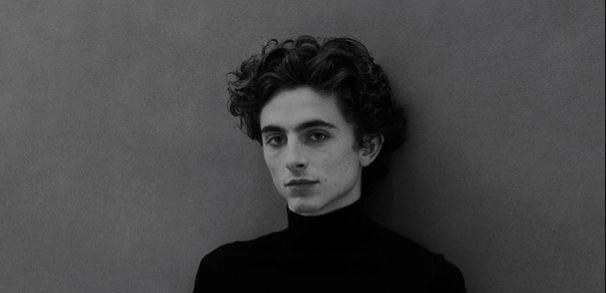
Timothée doesn’t chase roles that "fit the mold." Instead, he shapes every role into something unexpected. From historical dramas to sci-fi, from dreamy coming-of-age stories to abstract art films — he’s not just acting, he’s creating space for emotion in genres that often forget it.
In 2025, while some actors chase the next franchise or billion-dollar opening, Chalamet continues to choose depth, complexity, and risk. And that may be why he’s not just popular — he’s important.
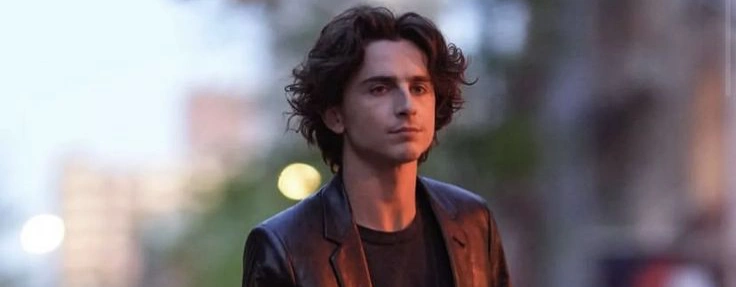
Because in a world oversaturated with images, effects, and spectacle, truth stands out. And Timothée Chalamet has made truth his signature.
Mahershala Ali returns to the small screen in Crossing Lines, a crime thriller that moves across national borders — and moral ones. His character, Etienne Durand, is a high-ranking commissioner investigating transnational crimes that blur every sense of jurisdiction — human trafficking, murder, corruption.
But Durand isn’t just an officer — he’s a man with a past. His face carries the weight of everything he’s seen and everything he’s done. He looks at both victims and criminals not with judgment, but with the weary eyes of someone who understands that right and wrong are rarely clean lines.
Each case brings him closer not just to answers, but to inner reckoning. He knows the law doesn’t always lead to justice, and sometimes stopping evil means compromising with it. His journey is less about evidence and more about identity.
Ali’s performance is restrained and powerful. His Durand doesn’t shout; he listens. He doesn’t break down; he bends under pressure, silently and intensely. This is no glossy detective story — it’s a portrait of a man walking the tightrope between justice and survival.
Crossing Lines offers no easy resolution. It pulls viewers into a world where truth is elusive and morality is messy. At its center is Ali, not as a hero, but as a man doing his best not to be lost in the darkness he walks through.
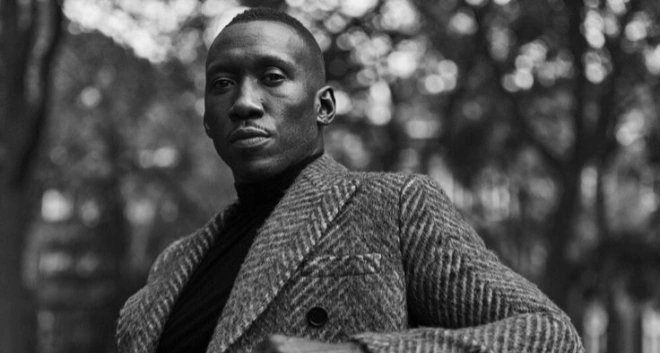
Set against the haunting backdrop of Europe’s political undercurrents and shadowy power structures, Crossing Linesdelves into the uncomfortable spaces where justice systems fail and borders become irrelevant. The series eschews traditional procedural tropes in favor of a slow-burning, character-driven narrative where each case peels back another layer of systemic rot — and of Etienne Durand himself.
The show’s structure is unique: each season centers on a major investigation, but within that arc are self-contained episodes that explore the human stories behind the crimes. A missing refugee girl in Hungary leads to a black-market organ ring operating through diplomatic channels. A double homicide in a Paris hotel uncovers a trafficking network funded by legitimate international foundations. These aren’t random crimes — they’re symptoms of a much larger illness.
Durand is partnered with a multi-national task force, but it’s no idealistic melting pot. His team — a German cybercrime analyst haunted by her own hacking past, a British ex-undercover cop rebuilding his life, a young Italian interpreter with ties to organized crime — bring their own ghosts, biases, and moral contradictions. The tension within the group mirrors the chaos of the world they’re trying to protect, forcing them to question not just how far they’re willing to go, but what it’s even for.
As political pressure mounts, Durand’s decisions grow murkier. Intelligence agencies with their own agendas, local police eager to pass responsibility, and bureaucrats who prefer silence over scandal — all contribute to a web of obstruction. Durand must navigate not just crime scenes, but diplomatic meetings, coded threats, and moments where the law becomes irrelevant in the face of power.
What makes Crossing Lines stand out isn’t the thrill of the chase, but the weight of the aftermath. The victims aren’t forgotten once the case closes — their stories echo through Durand’s conscience, complicating each step forward. Sometimes the perpetrator walks free, other times the arrest brings no closure. The question becomes not “Did we win?” but “Was this the best we could do?”
Visually, the series leans into natural lighting, muted palettes, and tight framing. Cities feel claustrophobic; nighttime scenes blur the line between safety and danger. The camera lingers on Durand’s silences, on glances between characters, on small, human choices that say more than words ever could.
The writing is rich with subtext — political, psychological, and emotional. Conversations unfold in layered exchanges, often with more meaning left unsaid. Flashbacks are rare but precise, giving just enough to hint at Durand’s haunted past without reducing him to a cliché.
More than anything, Crossing Lines is a meditation on compromise. It asks hard questions about what we sacrifice to protect others, and whether justice means more than simply enforcing rules. Etienne Durand is no savior — he’s a witness to a world unraveling at the seams, trying to hold something together with frayed conviction and quiet humanity.
In a landscape full of fast-paced thrillers and binary moralities, Crossing Lines slows down, looks inward, and offers something far rarer: a story that respects its audience’s intelligence, and a lead character who earns empathy not through perfection, but through persistence.
